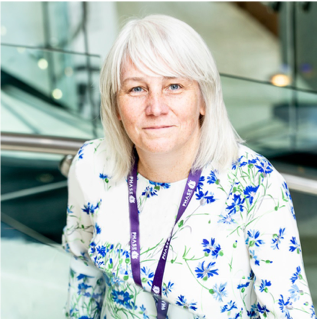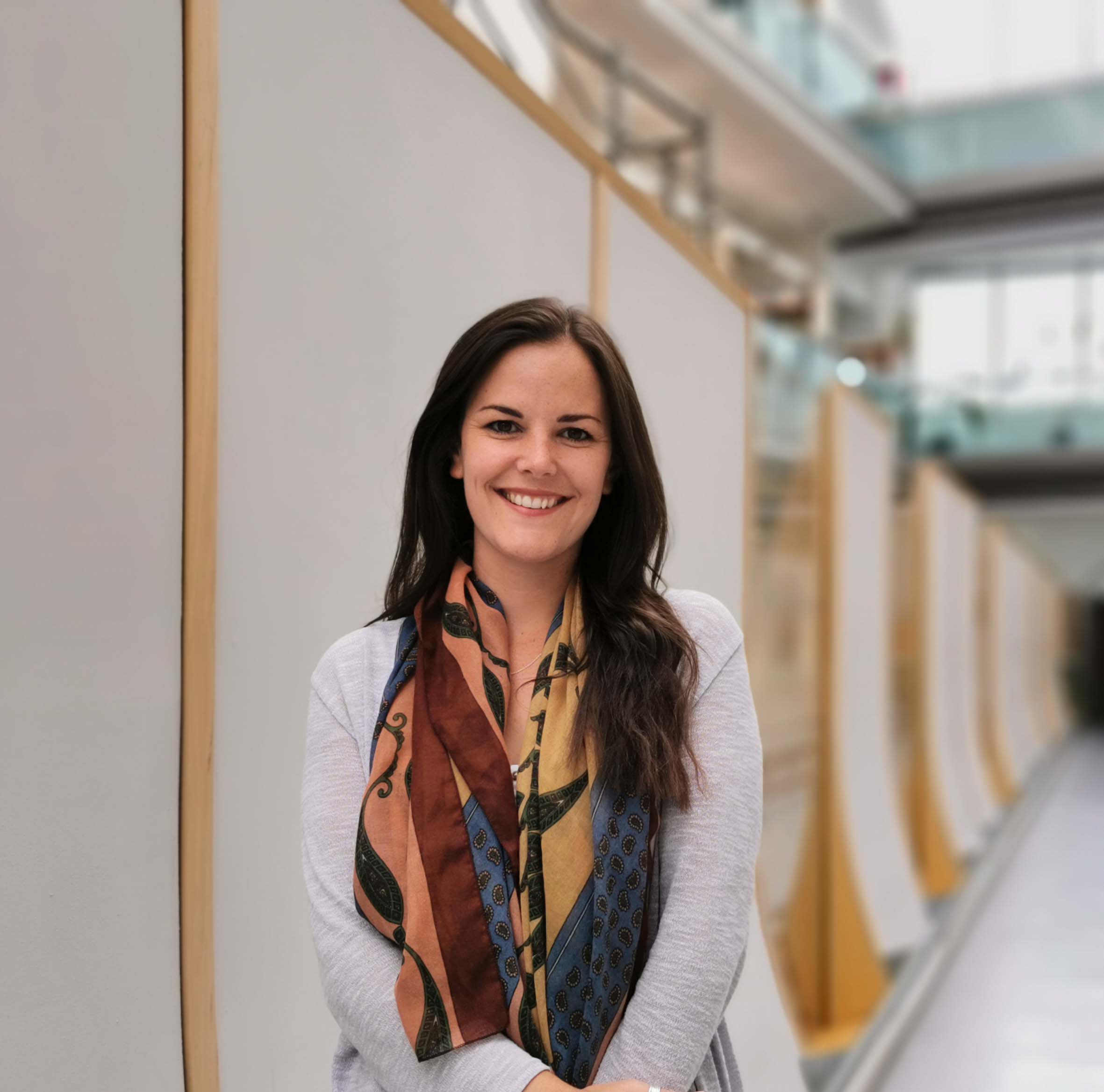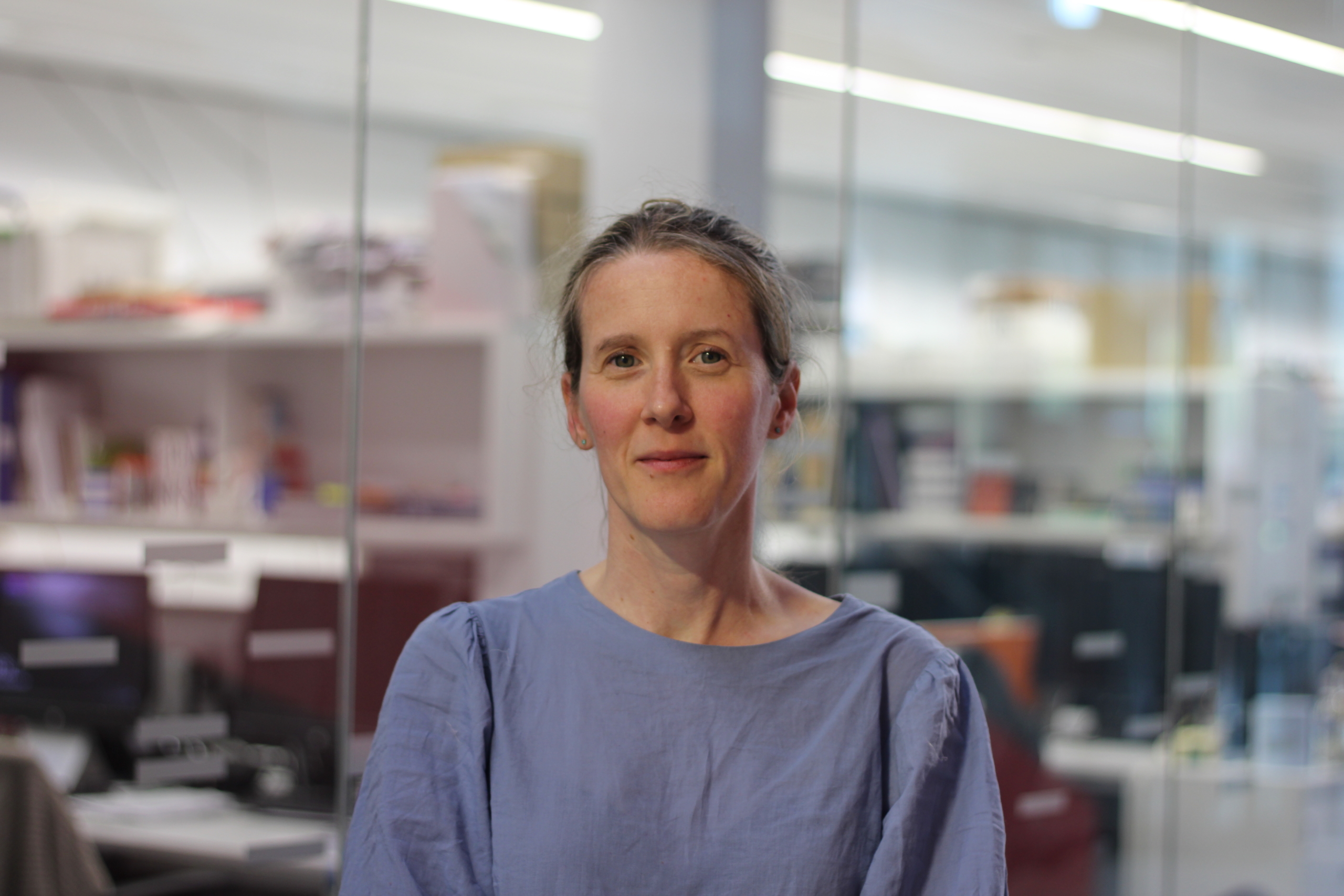We are at the forefront of radiotherapy and immune cell research. Our work focuses on identifying and understanding how radiotherapy alters local tumour and systemic immunity and the mechanisms involved in radiation induced toxicity. With newly forged collaborations with the Lydia Becker Institute of Immunology and Inflammation, our researchers are leading the way investigating the immunological consequences of radiotherapy, including immunotherapy and radiotherapy combinations.
Meet the research Team
At a Glance: Radiotherapy and immune cell interactions
A suite of preclinical and clinical research is underway to identify and understand how radiotherapy alters local tumour and systemic immunity and the mechanisms involved in radiotherapy induced toxicity. A new multidisciplinary research group has been established with the Lydia Becker Institute of Immunology and Inflammation to develop radiotherapy induced inflammatory normal tissue models in both the bowel and lung to explore the mechanisms of these immune changes. A joint PhD project between radiotherapy and immunology focuses on determining the role of chemokines in radiotherapy induced bowel inflammation.
Alongside this, translational research is analysing dynamic patient biopsy and blood samples in the TIMM-RAD study to look for biomarkers of immune response to radiotherapy in a range of tumour types. The study opened in August 2021 at The Christie and currently recruiting ahead of target.
Research Questions: Radiotherapy and immune cell interactions
By working with other researchers across Manchester, our researchers are seeking to answer key questions that will help improve our understanding of how radiotherapy alters local tumour and systemic immunity and the mechanisms involved in radiation induced toxicity. Examples of the research questions being addressed through this theme include:
- Apply preclinical models to investigate the role of radiation induced immunological changes in gastro-intestinal and lung toxicity. Investigate the role of the glycocalyx in interrupting intestinal mucosal barrier and integrin-mediated TGFβ activation in RT-induced fibrosis.
- Develop dynamic radiotherapy induced immune tumour biomarkers in tumour and blood that will lead to the individualisation of treatment and improved biological targeting.
Navigation
About CRUK RadNet Manchester
Cancer Research UK RadNet Manchester is a Radiation Research Unit in collaboration with The Christie
RadNet Facilities and Infrastructure
CRUK RadNet Manchester benefits from the existing infrastructure and facilities within Manchester across the various strategic partners of the CRUK Manchester Centre.
AHP Doctoral Academy
Providing training and development for Allied Health Professionals (AHPs) including radiographers.
Treating Complex Comorbid Patients
Discover how we are working to understand the mechanisms of the most common and detrimental side effects of radiotherapy, and how these are influenced by medications or conditions in a patients life.
Tumour Microenvironment and Genetic Instability
Discover research in RadNet Manchester aiming to improve understanding of intra-tumour heterogeneity, radioresistance and metastasis.
National Proton Beam Therapy Hub
Discover how we are leveraging cutting edge infrastructure in Manchester to develop new treatments involving proton beam therapy.
Clinical Informatics Hub
Discover how this hub supports the capture, storage and use of routine real-time, real-world clinical outcomes to inform future research.
Translational and Early Phase Radiotherapy Trials Hub
Discover how we provide the support and translational research expertise to integrate biomarker science into the development of phase one feasibility studies.















